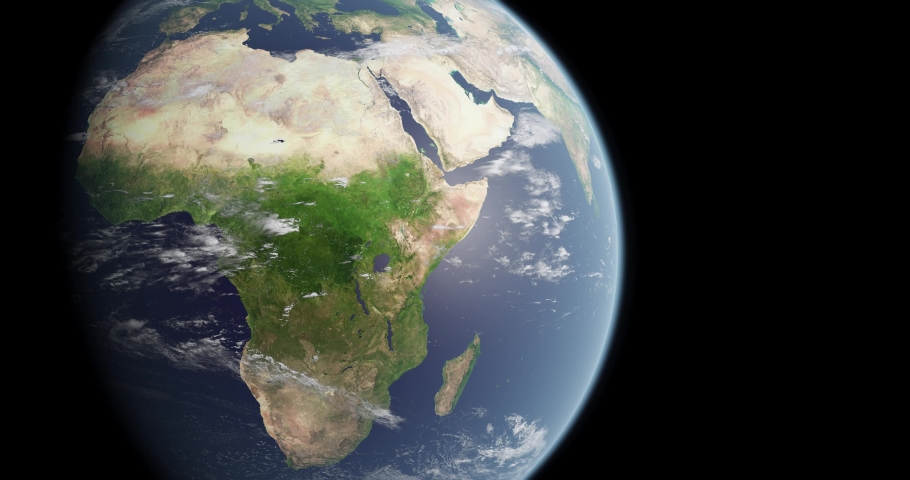The point of view of the business. According to Claudio Descalzi, the CEO of Italian oil company Eni, Italy must take risks and form partnerships with African countries to stimulate long-term investment and promote structural growth. In his speech today at an event in Milan, he outlined Italy’s new approach to the African continent under the Mattei Plan, highlighting the crucial role of the private sector.
- Giampiero Massolo, CEO of Mundys (formerly Atlantia), an Italian infrastructure group, pointed out that the Mattei Plan can only work with broader coordination at the EU level or with international partners. “We need to present the plan to Europe,” said Massolo, a former secretary general of the Italian Ministry of Foreign Affairs and director general of the Italian intelligence community (Dipartimento delle informazioni per la sicurezza).
- For this reason, the Italian government is already working to complement the Mattei Plan with the broader framework of European development initiatives, including Horizon Europe.
- As the current president of the G7, Italy has emphasised the Mattei Plan in the final communiqué of the G7 summit, linking it to other initiatives such as the US-led Partnership for Global Infrastructure and Investment.
Energy at the centre. Analysing the energy market, Descalzi noted that “the world has already defined its place according to the energy it possesses”. He noted that America is self-sufficient, Russia has abundant energy but lacks a market, while Europe has a market but has not considered energy on a global scale.
- Descalzi argued that Africa represents a golden opportunity for Europe to secure its energy supply. However, he warned that a lack of strategic foresight hampers the potential for robust EU-Africa cooperation.
- In this context, Giuseppina Di Foggia, CEO of Italy’s electricity grid operator Terna, announced the launch of the ‘Terna Innovation Zone’ in Tunisia in partnership with Tunisian Steg, with whom Terna will build the Elmed electricity connection. This project will be the first major project with a non-EU country to be approved for funding by the European Commission.
As part of the Mattei Plan initiatives… Adolfo Urso, Italian Minister for Business and Made in Italy, arrived in Eritrea today for high-level discussions after his missions in Algeria, Egypt, Libya and Tunisia.
- He met with Eritrean President Isaias Afwerki and key government ministers, including those overseeing Foreign Affairs, Trade and Industry, Transport and Telecommunications, and Health, alongside the Commissioner for Culture and Sport.
- This visit follows President Afwerki’s trip to Rome in January and the Eritrean government’s participation in the Italy-Africa Summit.
- The Italian delegation’s primary objective is to fortify bilateral relations and expand the operations of Italian enterprises across several critical sectors, including healthcare, infrastructure, port logistics, air transport, renewable energy, mining, textiles, agriculture, and agribusiness.
A complex relationship. Eritrea and Italy share deep-rooted cultural and political ties, with the Italian language still widely spoken and Italian architectural and artistic influences visible. Italy remains Eritrea’s second-largest supplier and the ninth-largest destination for Eritrean exports.
- However, the country has increased its trade and political ties with China and especially Russia, as evidenced by the fact that Eritrea was the only African country to vote against two United Nations resolutions condemning Russia’s invasion of Ukraine.





